According to Cornell Lab, scientists have documented the loss of 3 billion breeding birds in North America since 1974.
With a bit of help from us, bird populations can recover.
Here are 7 simple actions to help birds:
1. Make windows safer day and night.
It’s estimated up to 1 billion birds die each year from colliding into windows. Birds mistake the glare from windows as habitat or when frightened crash into windows. To break up reflection, install screens, film, or place window decals on your windows. You can find the decals just about anywhere. I found a good deal on Amazon: https://a.co/d/1jbeM6K
2. Keep cats indoors.
Cats are estimated to kill more than 2.4 billion birds annually across the U.S. and Canada. Aside from habitat loss, this is the #1 human-related reason for the loss of birds. Keep cats indoors or create an outdoor “catio” for them.
3. Reduce lawn, plant native plants.
Birds have fewer places to rest safely during migration and to nest their young. From 1982-1997, more than 10 million acres of land was converted to lawns. This means fewer trees and bushes are used by birds as shelter. Planting native plants provides shelter and nesting areas for birds and also gives birds berries and seeds to sustain them.
4. Avoid pesticides!
More than 1 billion pounds of insecticides are applied in the U.S. each year. The more commonly used insecticides, neonicotinoids are lethal to birds and the insects birds consume. Consider purchasing organic foods for nearly 70% of produce sold in the U.S. contains pesticides. Reduce the use of pesticides around your home and garden.
5. Drink coffee that’s good for birds.
¾ of the world’s coffee farms grow coffee plants in the sun, destroying forests, birds, and other wildlife need for food and shelter. Enjoy shade-grown coffee that is bird-friendly and doesn’t destroy their habitat.
Here is where you can find bird-friendly coffee:
https://nationalzoo.si.edu/migratory-birds/where-buy-bird-friendly-coffee
6. Help protect our planet from plastic.
It’s estimated 4,900 million metric tons of plastic are sitting in landfills and polluting our oceans, and harming wildlife like seabirds, turtles, and whales that mistake plastic for food. Plastic takes 400 years to degrade and more than 91% of plastic is not recycled. Avoid single-use plastic and recycle plastic.
7. Watch birds, share what you see.
It is an immense challenge to track 10,000 species of birds and scientists need our help. Join a project such as eBird, Project FeederWatch, Christmas Bird Count, Breeding Bird Survey, or the International Shorebird Survey to record your bird observations. Your contributions will provide valuable information to show where birds are thriving—and where they need our help.
Reference:
1. Cornell Lab. “Seven Simple Actions to Help Birds.” www.birds.cornell.edu. https://www.birds.cornell.edu/home/seven-simple-actions-to-help-birds/


